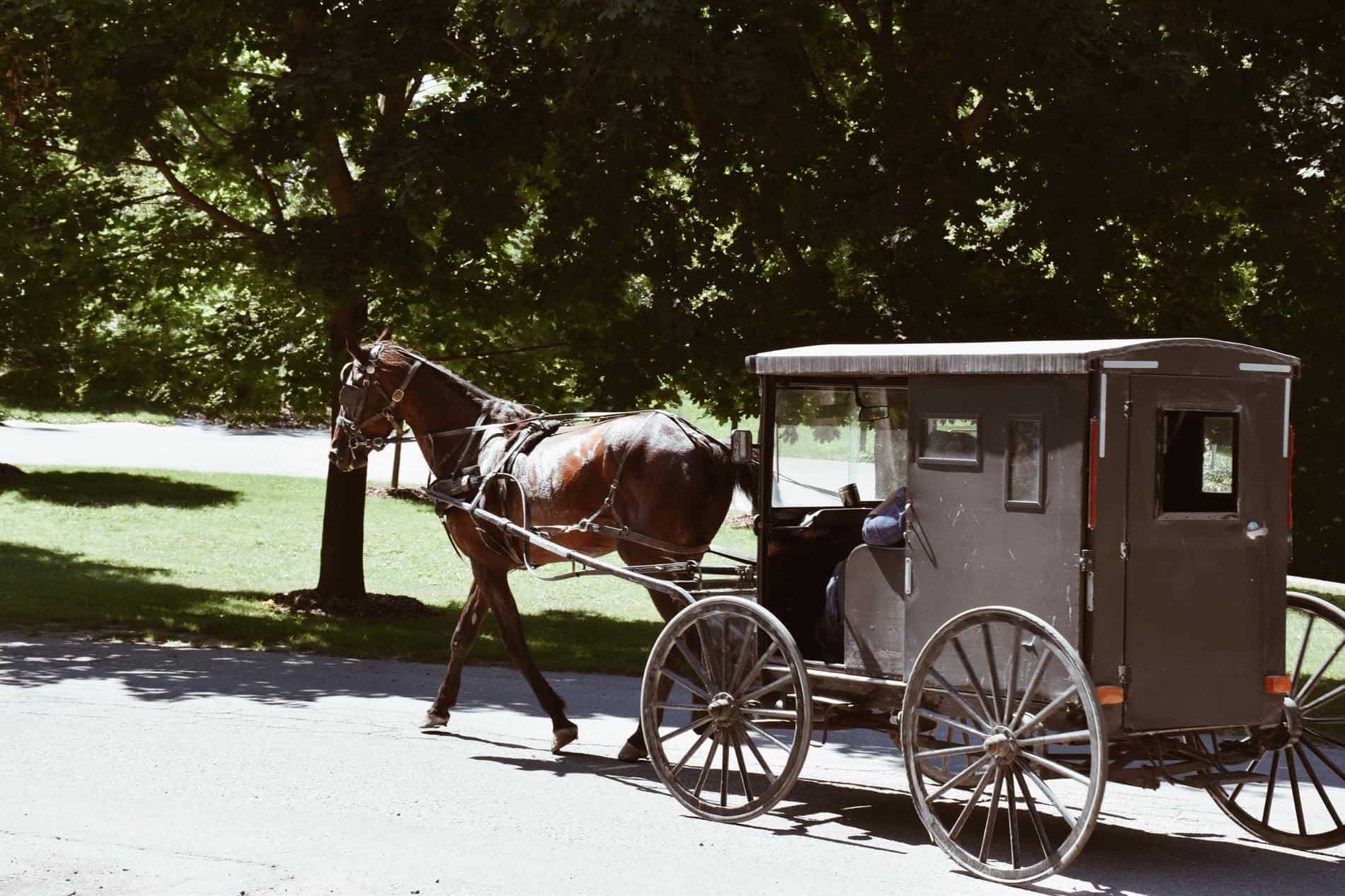If you live in the townships and own a dog, it’s supposed to have a tag, renewed annually. Compliance is spotty, however, with officials in both Wellesley and Woolwich hoping 2021 will see the numbers rise.
In Wellesley Township this year, 814 dogs were registered. Municipal clerk Grace Kosch is looking to boost that number to somewhere between 1,000 and 1,100 in 2021, numbers closer to recent levels: in 2018, there were 1,093 tags issued, while there were 968 in 2017.
There are benefits to ensuring your dog is tagged, said Kosch.
“Dog owners are able to feel a little bit more at ease when it comes to their dog’s safety. When a pet is lost or possibly runs away without realizing how to get back, it can be a troublesome and tiresome event,” she said, noting the tags allow the animal to be traced back to its owner.
The township has fines in place for dogs found running at large. In addition to having to pay fees if the canine is taken to Hillside Kennels, the owner must pay for the animal’s return and/or for a tag if the animal’s proof of purchase for the current year cannot be provided.
According to Wellesley’s bylaw, animals must be registered yearly before March 31 or 21 days after purchase, whereas in Woolwich Township the annual renewal is slated for April 15. In Wellesley, tags can be purchased in the township office by cash, cheque or debit card, online or through the mail by completing an application for a dog license and sending a cheque through mail to the township office. There is also current early-bird pricing in Wellesley until the end of the year to help encourage more people to comply.
Woolwich has similar rules in place, with a bylaw that outlines that ‘upon licensing a dog, the township shall: a) supply the owner with a dog tag which bears the serial number and the year in which it was issued and which expires on December 31 in the year it was issued; and B) keep a record showing the name and address of the owner, the serial number of the tag, and copies of any documents produced showing proof of rabies vaccination and proof of breed.’
Figures from 2019 show just 11 per cent of Woolwich residents had their dogs registered, which resulted in a plan to swing the yearly decrease in compliance – 2020 figures are not yet available.
“We are hoping that people get their dog tags. There are some people that get them. Because they know when they’re good at it, some people just don’t get dog tags,” said the township’s Kathy Fahey. “It’s up to the individual to register their dog. And if they don’t and we receive a complaint, we follow that up.”
According to the Canadian Animal Health Institute, the country is home to some 8.2 million dogs. Every municipality has some kind of bylaw about ownership and registration, each facing the kind of compliance issues seen in Wellesley and Woolwich.









